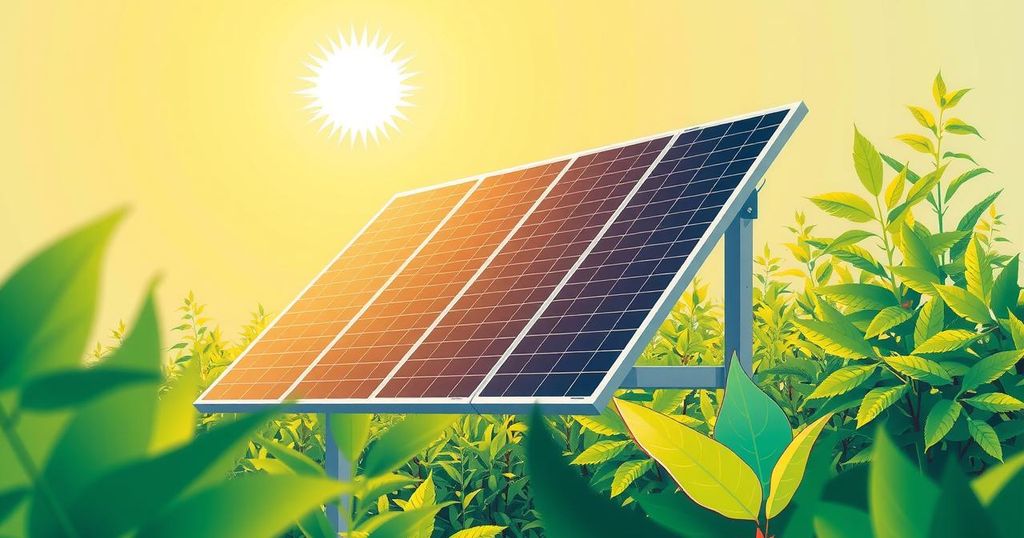Microsoft partners with Kuwait to establish an AI-powered Azure Region, enhancing digital transformation. The EU commits €150 billion for defense and Ukraine aid, reinforcing security and military support. Japan’s concrete buildings acted as CO2 sinks, capturing emissions, while Assent introduces a platform that reduces compliance reporting time by 92%.
In today’s Environmental, Social, and Governance (ESG) news, Microsoft has unveiled a partnership with the Government of Kuwait to establish an AI-powered Azure Region, enhancing digital transformation in alignment with Vision 2035. This initiative aims to promote cloud adoption, stimulate AI innovation, and bolster economic growth, particularly benefiting local startups and fostering global collaboration. The establishment of Microsoft’s Technology Innovation Hub, AI Innovation Center, and Copilot Center of Excellence signifies a commitment to advancing AI literacy, cybersecurity, and productivity within the region.
The European Union has committed to a significant investment of €150 billion to bolster defense capabilities and support Ukraine amid ongoing geopolitical tensions. This funding will enhance military readiness, joint procurement, and the integration of AI-driven security measures. Furthermore, the EU has pledged €135 billion in support of Ukraine since 2022, emphasizing its determination to foster a sovereign European Defense while ensuring lasting peace and security in the region.
In Japan, research from Tokyo and Nagoya Universities has revealed that concrete buildings in the country absorbed 2.6 million tonnes of CO2 in 2020, functioning as hidden carbon sinks by capturing up to 14% of emissions associated with cement. Although these structures offer significant carbon capture potential, researchers have noted that this effectiveness might diminish post-2027. Tactics to extend building longevity could potentially enhance their carbon sequestration capabilities as part of sustainable infrastructure management.
Assent Inc. has introduced the Assent Sustainability Platform (ASP), which significantly streamlines compliance reporting for suppliers, achieving a remarkable time savings of 92%. This innovative platform facilitates rapid submission of declarations through centralized data management, alleviating redundancy and supplier fatigue. It supports compliance with regulations such as PFAS, TSCA, REACH, RoHS, and Prop 65, thereby enhancing transparency within supply chains and improving engagement with manufacturers to promote sustainability initiatives.
In summary, the recent developments in ESG reveal the advancement of technology and strategic partnerships, fostering sustainability and compliance. Microsoft’s collaboration with Kuwait to launch an AI-powered Azure Region underscores a commitment to digital growth. Concurrently, the EU’s financial pledge toward defense and support for Ukraine highlights geopolitical responsibilities. Japan’s innovative use of concrete buildings as carbon sinks and Assent’s efficiency-enhancing platform further exemplify the drive towards improved environmental accountability and transparency in business. These initiatives collectively demonstrate a robust commitment to sustainable practices and governance.
Original Source: impakter.com




